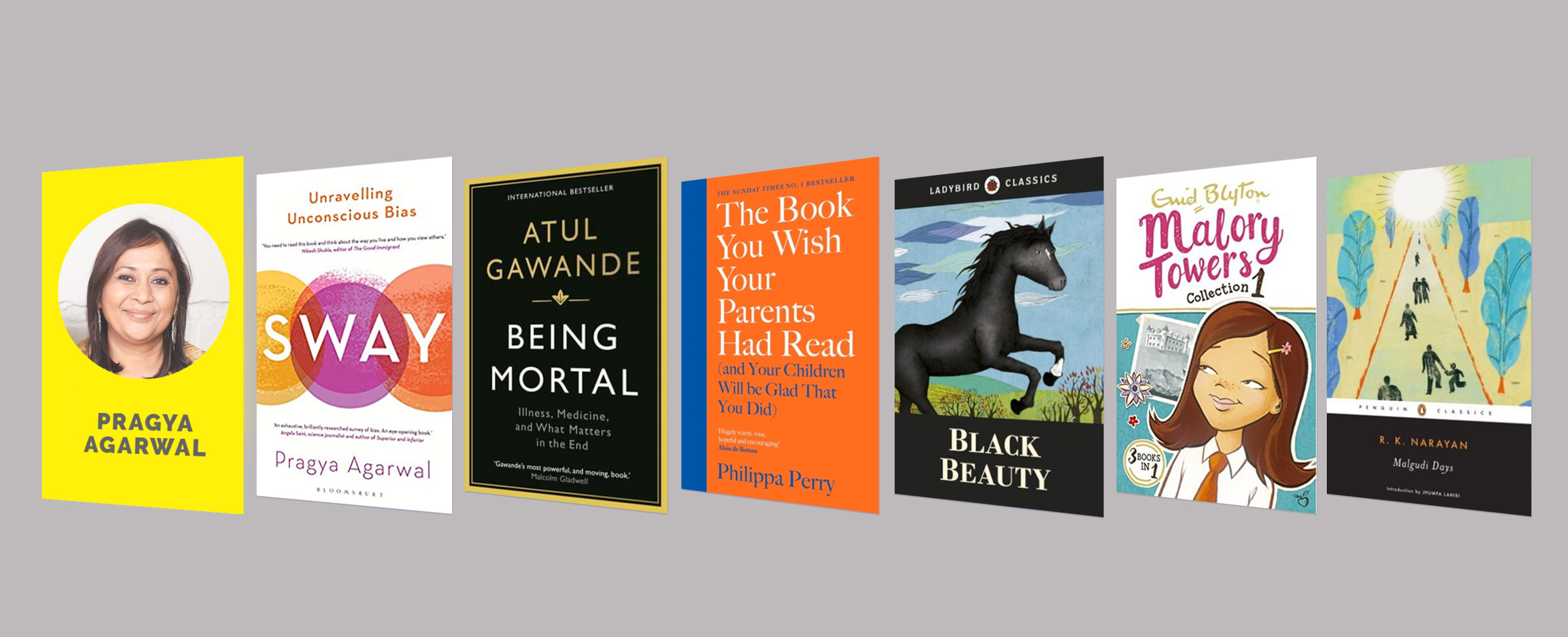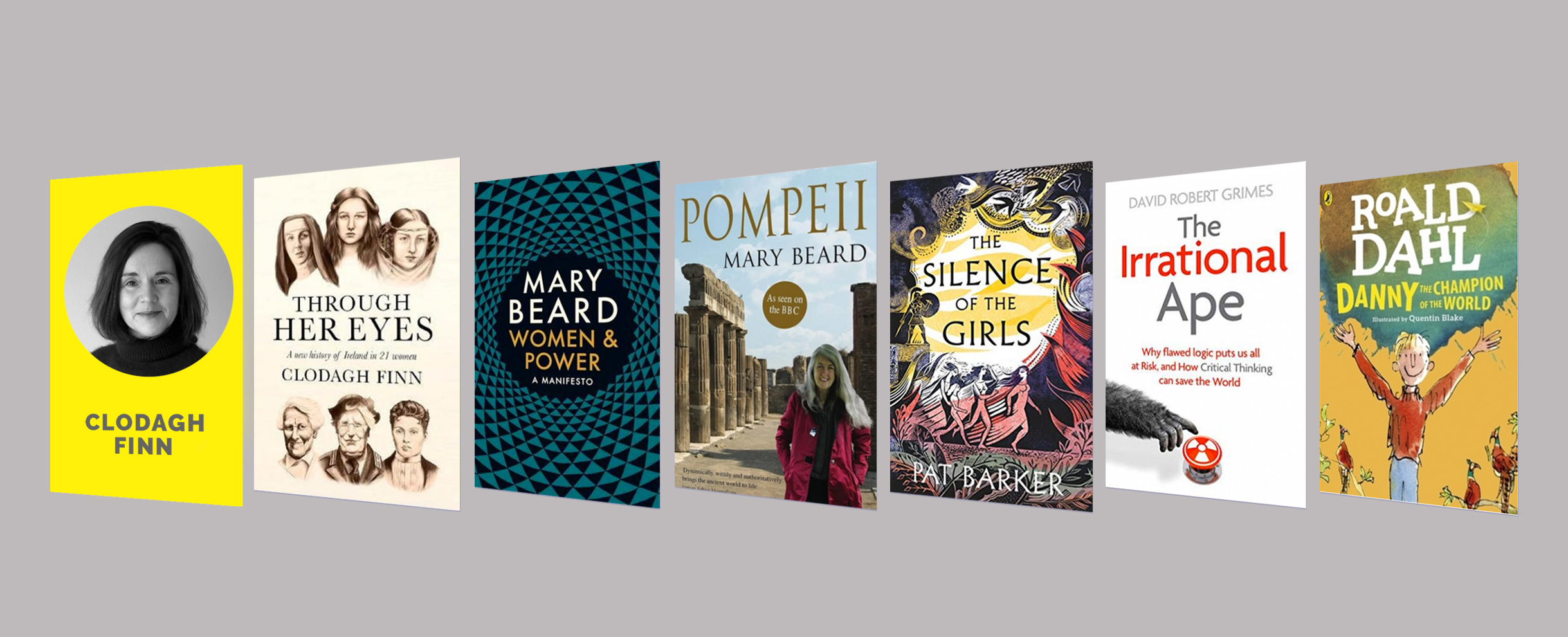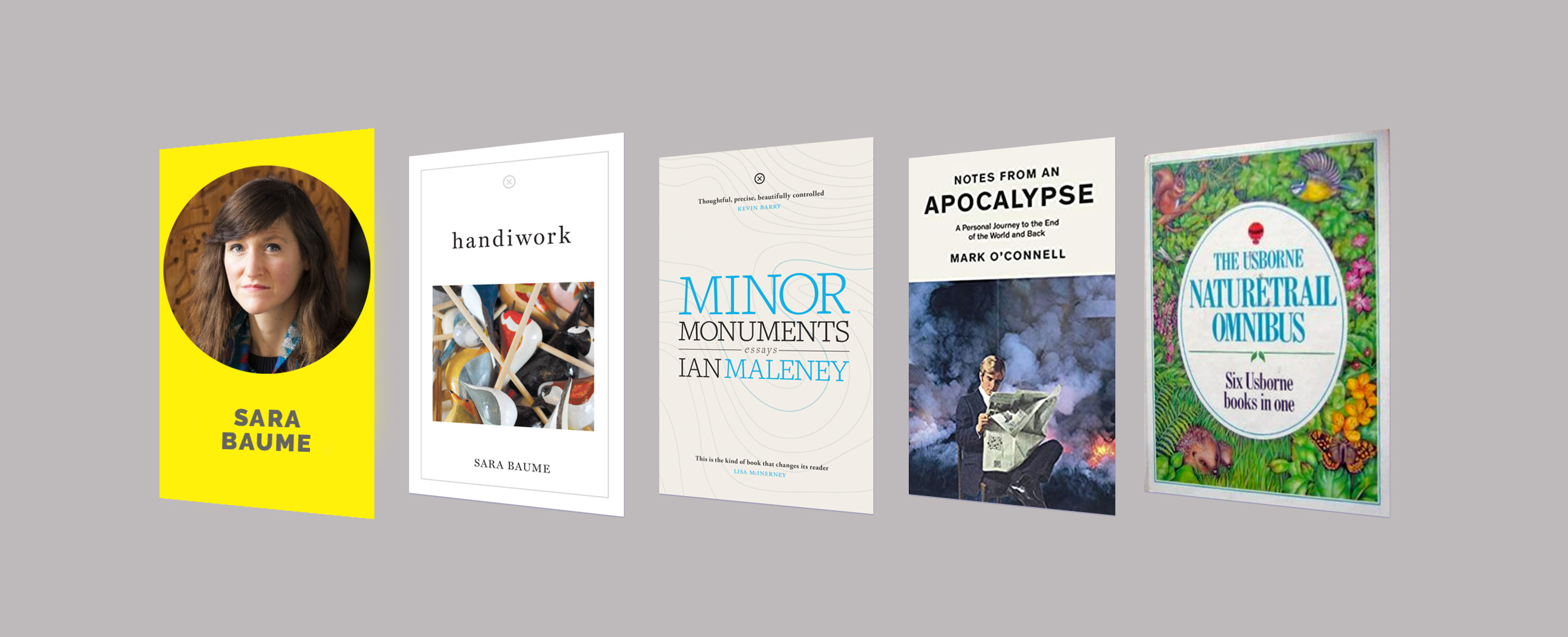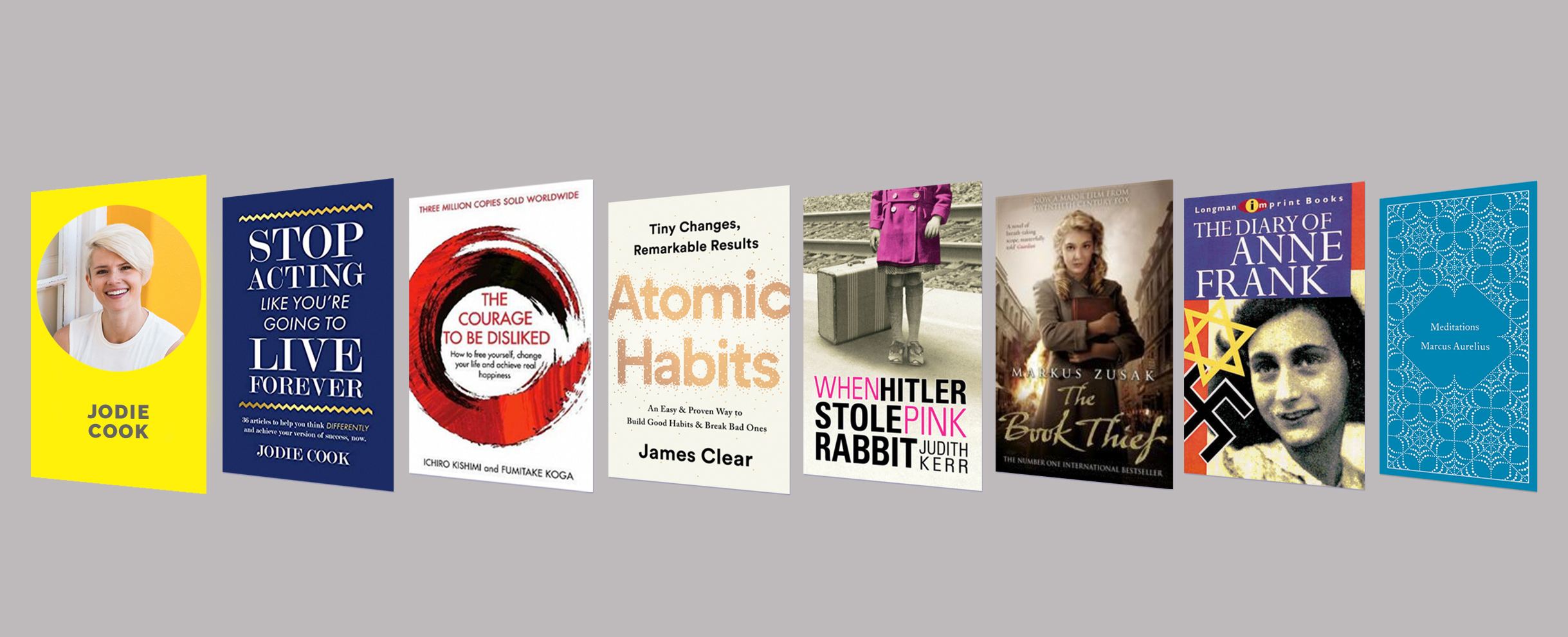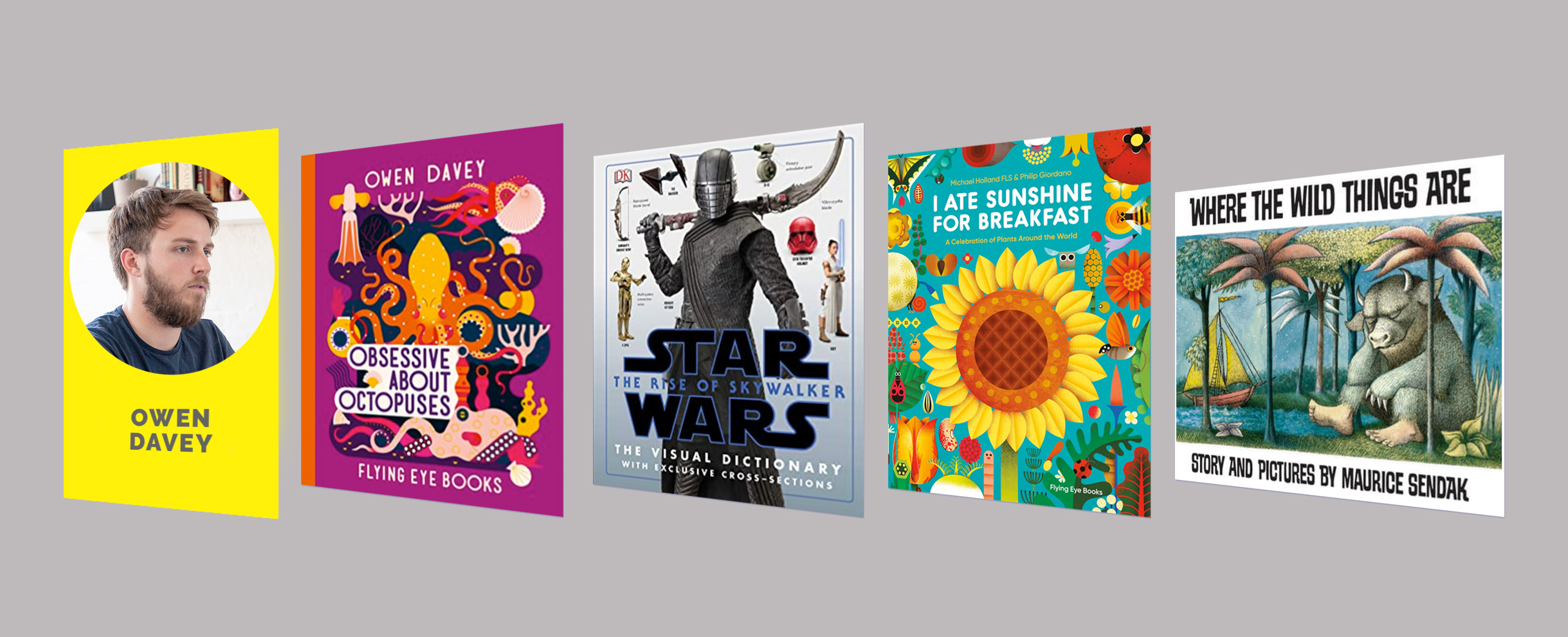Interview with Tim Marshall, author of Prisoners of Geography: Ten Maps That Tell You Everything You Need to Know About Global Politics
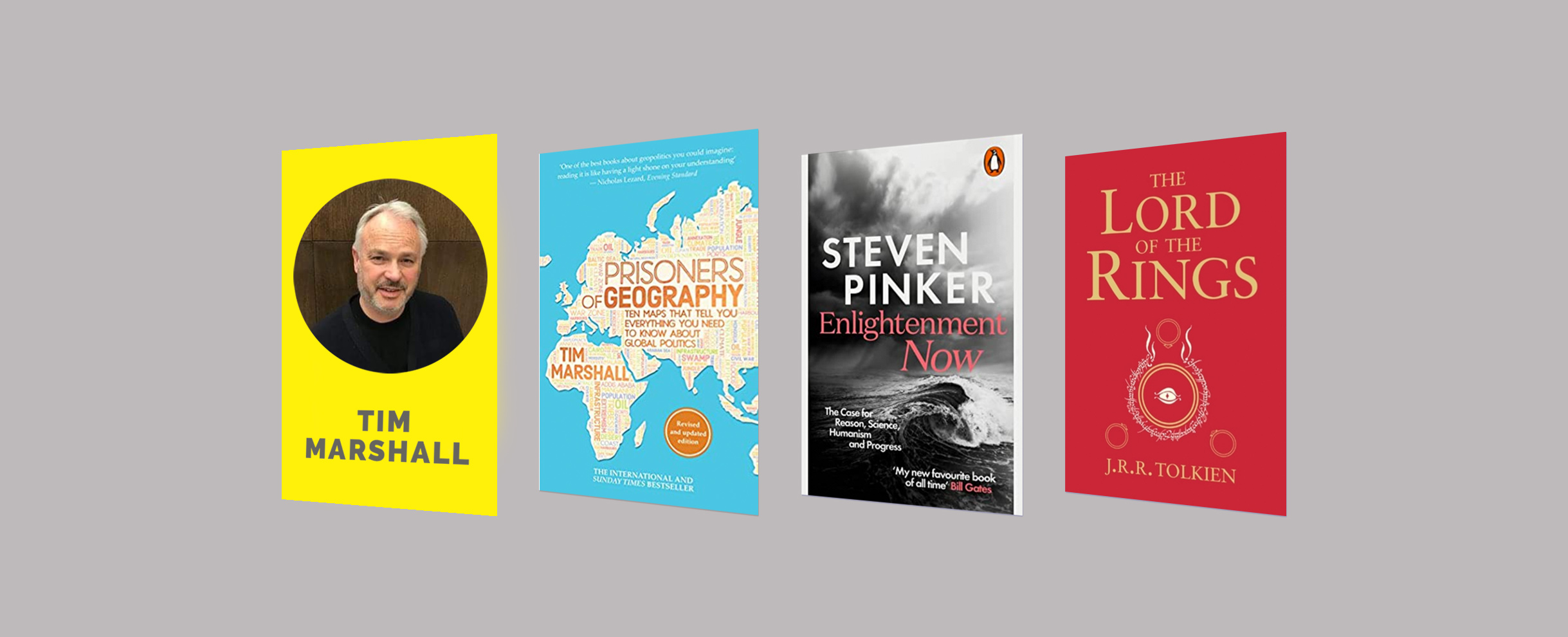
Tim Marshall, author of Prisoners of Geography: Ten Maps That Tell You Everything You Need to Know About Global Politics, this week recommends some heavy hitters! Before jumping into the interview, please check out Tim's book:
Review from Book Depository:
All leaders are constrained by geography. Their choices are limited by mountains, rivers, seas and concrete. Yes, to understand world events you need to understand people, ideas and movements...but if you don't know geography, you'll never have the full picture.; To understand Putin's actions, for example, it is essential to consider that, to be a world power, Russia must have a navy. And if its ports freeze for six months each year then it must have access to a warm water port - hence, the annexation of Crimea was the only option for Putin. (All affiliate links earn commission from purchases that help fund this site. Prices accurate at time of writing)
Prisoners of Geography: Ten Maps That Tell You Everything You Need To Know About Global Politics
To understand the Middle East, it is crucial to know that geography is the reason why countries have logically been shaped as they are - and this is why invented countries (e.g. Syria, Iraq, Libya) will not survive as nation states.;
Spread over ten chapters (covering Russia; China; the USA; Latin America; the Middle East; Africa; India and Pakistan; Europe; Japan and Korea; and Greenland and the Arctic), using maps, essays and occasionally the personal experiences of the widely travelled author, Prisoners of Geography looks at the past, present and future to offer an essential guide to one of the major determining factors in world history.
Buy On:
Book Depository €8.50
Waterstones £8.49
Wordery $11.62
Q. Do you have a favourite smart thinking book (and why that book)?
Steven Pinker’s Enlightenment Now - The Case for Reason, Science, Humanism, and Progress. It’s a clear linear argument setting out how these things have helped humanity. It seeks to dispel negativity about the modern world by showing how much better off we are, despite all our problems, than in previous centuries.
Review From Book Depository
Is modernity really failing? Or have we failed to appreciate progress and the ideals that make it possible?
(All links earn commission from purchases. Prices accurate at time of writing)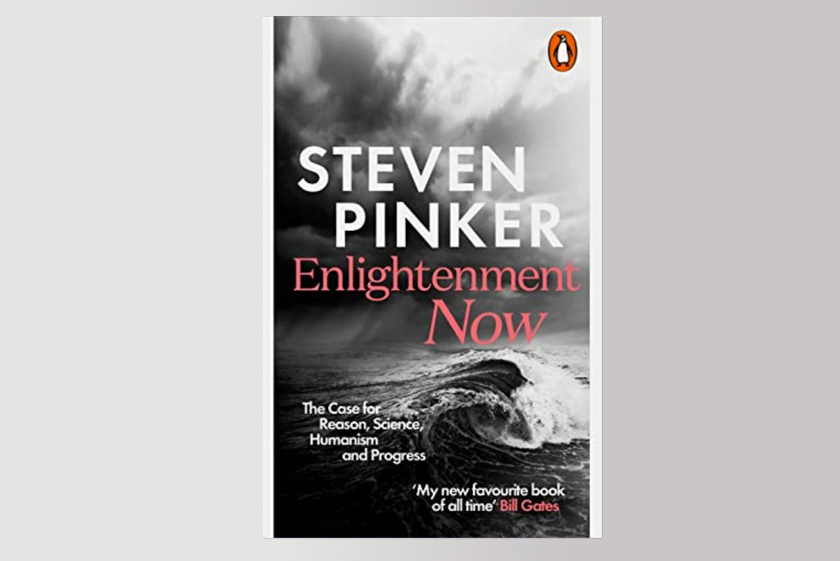
Enlightenment Now: The Case for Reason, Science, Humanism, and Progress
If you follow the headlines, the world in the 21st century appears to be sinking into chaos, hatred, and irrationality. Yet Steven Pinker shows that this is an illusion - a symptom of historical amnesia and statistical fallacies. If you follow the trendlines rather than the headlines, you discover that our lives have become longer, healthier, safer, happier, more peaceful, more stimulating and more prosperous - not just in the West, but worldwide. Such progress is no accident: it's the gift of a coherent and inspiring value system that many of us embrace without even realizing it. These are the values of the Enlightenment: of reason, science, humanism and progress.
The challenges we face today are formidable, including inequality, climate change, Artificial Intelligence and nuclear weapons. But the way to deal with them is not to sink into despair or try to lurch back to a mythical idyllic past; it's to treat them as problems we can solve, as we have solved other problems in the past. In making the case for an Enlightenment newly recharged for the 21st century, Pinker shows how we can use our faculties of reason and sympathy to solve the problems that inevitably come with being products of evolution in an indifferent universe. We will never have a perfect world, but - defying the chorus of fatalism and reaction - we can continue to make it a better one.
Buy On:
Book Depository €11.87
Waterstones £12.99
Wordery $14.01
Q. What's the most recent smart thinking book you've read (and how would you rate it)?
As above - and I rate it highly because we need to hear the case made that if we lose our Enlightenment values we risk losing the progress we’ve made.
Q. Do you have a favourite childhood book?
Probably Lord of the Rings which I read several times from about 10 to 12 years old.
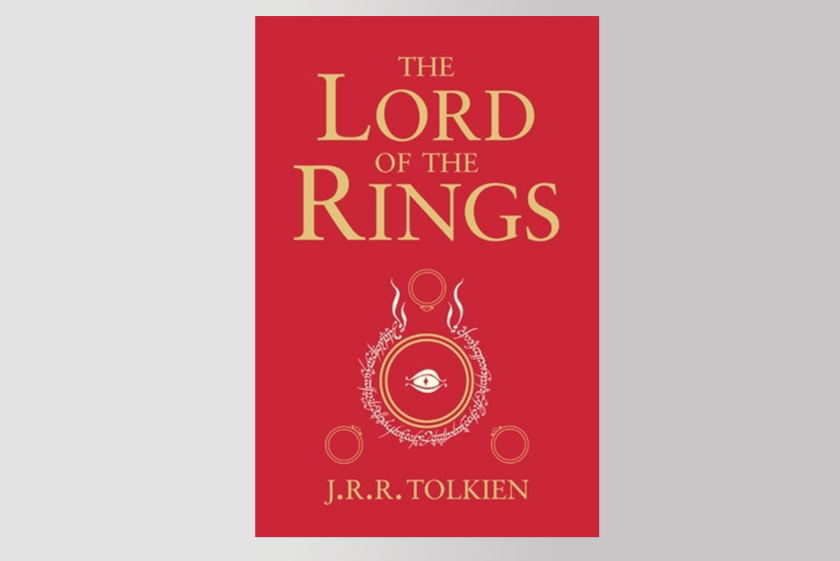
The Lord of the Rings
Review From Book Depository
Sauron, the Dark Lord, has gathered to him all the Rings of Power - the means by which he intends to rule Middle-earth. All he lacks in his plans for dominion is the One Ring - the ring that rules them all - which has fallen into the hands of the hobbit, Bilbo Baggins.
In a sleepy village in the Shire, young Frodo Baggins finds himself faced with an immense task, as his elderly cousin Bilbo entrusts the Ring to his care. Frodo must leave his home and make a perilous journey across Middle-earth to the Cracks of Doom, there to destroy the Ring and foil the Dark Lord in his evil purpose.
Buy On:
Book Depository €19.72 Waterstones £5.99 Wordery $21.04(All links earn commission from purchases that help fund this site. Prices accurate at time of writing)
Q. Do you prefer reading on paper, Kindle or listening to an audiobook?
100% paper.
Q. Do you have a favourite bookshop (and why that shop)?
Any Waterstones because they’ve helped keep bookshops on the High St, but as a favourite single place - Daunts on Marylebone High St in London for its range, architecture, staff, and because its packed to the gunnels with stuff I like.
Many thanks to Tim for answering my questions and for his book recommendations! Please don't forget to check out his book Prisoners of Geography: Ten Maps That Tell You Everything You Need to Know About Global Politics.
Daryl
Image Copyrights: Elliott & Thompson Limited (Prisoners of Geography), Penguin Books Ltd (Enlightenment Now), HarperCollins Publishers (Lord of the Rings)
< Home

